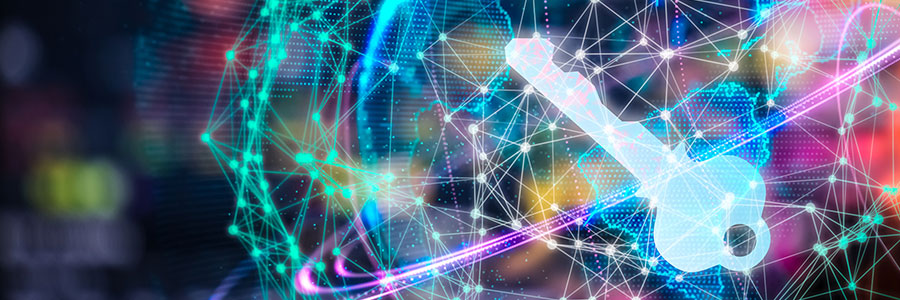Unless you’re running a big business that everyone knows about, it’s easy to assume that hackers will ignore your company. Sadly, nothing could be further from the truth. In fact, small- to medium-sized businesses (SMBs) are favorite targets for hackers of all ability levels. SMBs represent a sweet spot between high-value enterprises and low-risk-low-reward identity theft. That’s why all companies, no matter their size, scope, and industry, should have the following security protocols in place:
#1. Intrusion Prevention
There used to be a time when reactive cybersecurity measures, such as antivirus software, were enough to protect a small business from data breaches. Today, however, you need to take every possible step to ensure a breach doesn’t occur in the first place.
Intrusion detection and intrusion prevention systems are commonly confused, but they are both different things, and they are both important. You need a system that will proactively alert you when any suspicious activity -- as defined by your IT employee or provider -- occurs, and blocks it from going unchecked.
#2. Email Spam Filtering
As the most common way for businesses to communicate, it shouldn’t come as a surprise that email is the best place to distribute malicious links and software. Most of these end up straight in the spam folder, but many consumer-grade spam filters can’t catch threats that have been tailored to a specific recipient.
Advanced spam filters take a multilayered approach to security, which allow them to handle multiple email accounts with ease. Even the most dangerous malware campaigns often rely on subpar spam filters to work. Investing one that is installed and supported by certified professionals will go a long way toward keeping your data safe.
#3. Endpoint Protection
Today’s cybersecurity strategies generally focus on protecting an entire network by preventing threats from ever reaching individual desktops or devices. That’s important, but it doesn’t mean you can skimp on installing protections on each desktop or device. No matter how well your network is protected, your endpoints are your last line of defense. That’s why you need to protect laptops, smartphones, tablets, desktops, and any other endpoint devices by ensuring they are kept up to date and running the latest antivirus programs.
#4. User logins and permissions
Now that most companies rely on the cloud, the importance of robust access and authentication policies has risen exponentially. While the cloud offers accessibility anywhere and great convenience, it’s imperative that administrators always know who has access to their systems in real time.
You should also have username, password, and login policies that are strictly enforced and understood by every member of your team. For example, every company should require multifactor authentication, which forces users to prove their identity by unlocking their smartphone or scanning their fingerprint.
#5. Data Encryption
No matter how cutting-edge your technology and astute your employees, hackers may still find a way to steal your data. For example, if employees are working remotely and connecting to an unsecured wireless network, any data being sent between their device and the router can be intercepted. However, if your confidential data is always encrypted, they won’t be able to make any sense out of it. TLS and AES-256 are high-security encryption standards that are widely supported and easy to manage with the help of an IT support provider.
#6. Ongoing Employee Training
While there’s no doubt that technology plays a central role in any security strategy, everything ultimately starts and ends with your employees. After all, no amount of advance tech can guard against an employee printing out a confidential report and forgetting it on the metro.
With a regular staff-training program in place, you’ll be able to keep your team up to date on the latest threats, onboard them with your security policies and protocols, and build a culture of accountability. Your employees are a human firewall, don’t let them become the weakest link in your cybersecurity strategy.
At Safebit Solutions, we understand that you’re busy trying to run your business, and you probably don’t have time to be constantly dealing with IT problems. If you want to bid farewell to your technology concerns, give us a call today to learn how we can help.


